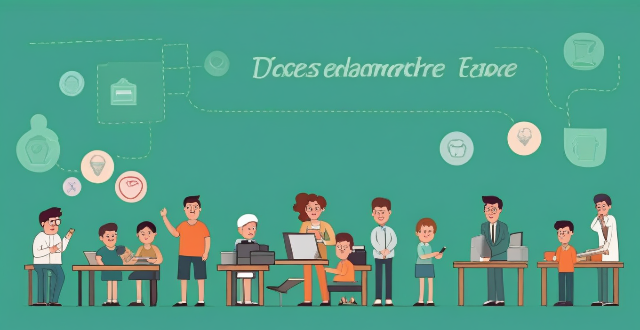The text discusses the main challenges faced by educational game developers, including balancing education and entertainment, meeting educational standards, adapting to different learning styles, and engaging students long-term.

Challenges Faced by Educational Game Developers
Creating games that are both fun and educational is a challenging task for game developers. Here are some of the key challenges they face:
Balancing Education and Entertainment
One of the biggest challenges faced by educational game developers is striking the right balance between education and entertainment. On the one hand, they need to ensure that the game is engaging enough to keep players interested and motivated. On the other hand, they also need to make sure that the game is educational and provides real learning opportunities. Striking this balance can be difficult, as it requires careful planning and design to create a game that is both fun and effective.
Meeting Educational Standards
Another challenge faced by educational game developers is meeting educational standards. They need to ensure that the game aligns with curriculum requirements and provides measurable learning outcomes. This can be a complex process, as it involves working closely with educators and subject matter experts to develop content that is both accurate and relevant. It also requires ongoing evaluation and refinement to ensure that the game remains effective over time.
Adapting to Different Learning Styles
Different students have different learning styles, which means that educational game developers need to create games that cater to a wide range of learners. Some students may prefer visual or auditory learning, while others may benefit from hands-on activities or interactive simulations. Creating games that can adapt to these different learning styles can be challenging, as it requires a deep understanding of how people learn and a willingness to experiment with different approaches.
Engaging Students Long-Term
Finally, another challenge faced by educational game developers is keeping students engaged over the long term. Even the most engaging games can lose their appeal after a while, so developers need to find ways to keep students interested and motivated. This might involve adding new levels or challenges, incorporating social elements like competition or collaboration, or using data analytics to personalize the game experience for individual players. Whatever approach they take, maintaining engagement is essential for ensuring that students continue to learn and grow through their interactions with the game.